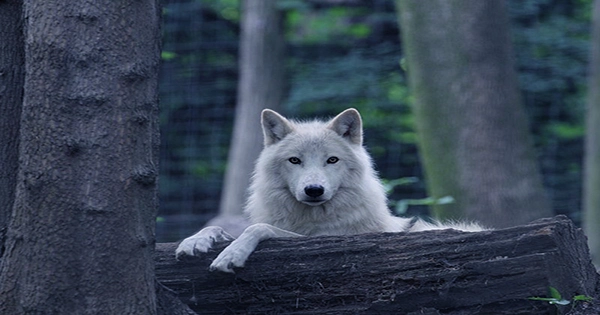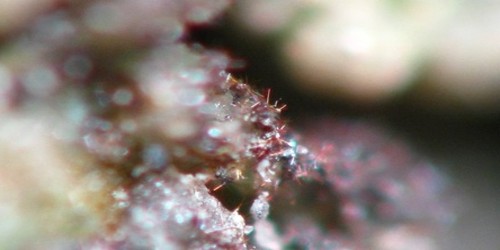For the first time ever, an Arctic wolf has been cloned by a Chinese biotech company. The juvenile whippersnapper is not only significant development in the realm of cloning technology, but the researchers also think that this accomplishment may give hope to threatened species who are fighting for survival.
Maya, a female Arctic wolf, was born on June 10 in Beijing. At a media gathering last week, Sinogene Biotechnologies unveiled their creation and played a video of a newborn puppy that seemed healthy and content.
A skin sample from an Arctic wolf living at Harbin Polarland, a contentious theme park with polar bears, was used to make Maya. The genetic material was then placed into a female dog that was “in heat” and had her egg cell denucleated. The embryo was subsequently implanted into a beagle, who served as a surrogate mother, carrying it till delivery.
The term “somatic cell nuclear transfer” refers to this action. It basically follows the same methodology that was introduced in Dolly the Sheep in 1996. Numerous mammal species, including a cat, deer, dog, horse, mule, ox, rabbit, and rat, have been cloned since that scientific discovery.
The Pyrenean ibex, commonly known as the bucardo, which is the only instance of an animal being brought back from extinction, was also cloned using a method that is remarkably similar (albeit very briefly).
Sinogene held up information on the development for 100 days following Maya’s birth, but they have finally reported that the wolf pup is completely healthy and fit. The Global Times reports that a second cloned Arctic wolf may give birth as soon as this week.
Mi Jidong, general manager of Sinogene, allegedly stated during the news conference that “this is not just the accomplishment of our research cooperation with Harbin Polarland, but also our new attempt and breakthrough in the protection and breeding of wild and endangered species.” “We overcame several obstacles between the project’s inception in 2020 and the healthy birth of the wolf pup in June of this year. In retrospect, it was worthwhile.”
The High Arctic tundra of northern Canada is home to the Arctic Wolf (Canis lupus arctos), a subspecies of the grey wolf. It can be identified from other wolf species by its somewhat smaller frame, narrower skull, and white fur, which is excellent for snow hiding.
The success of Sinogene in the field of cloning is by no means limited to this. The Beijing-based business offers customers the chance to order a copy of their preferred dog or cat through its popular pet cloning service. With the use of DNA extracted from a distinguished police sniffer dog, they even created the first cloned police dog in the world in 2019.
















